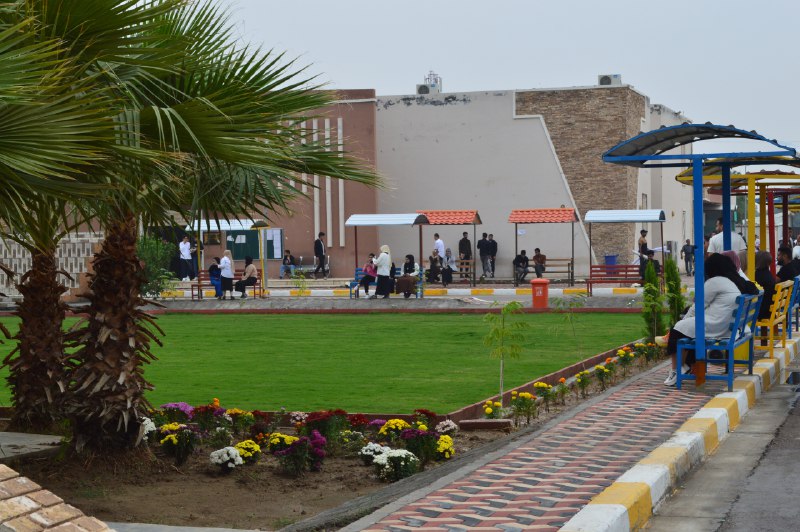VI- Digital Repository for the Faculty of Administrative & Economics
Permanent URI for this communityhttps://ds.uofallujah.edu.iq/handle/123456789/11

Welcome to the Digital Repository for the Faculty of Administrative & Economics
The Digital Repository for the Faculty of Administrative & Economics is a dedicated platform for preserving and providing access to academic and research resources for faculty members, students, and researchers. This repository aims to promote knowledge sharing, facilitate access to studies and academic projects, and support research collaboration.
The faculty comprises several academic departments and offers postgraduate programs:
- Department of Business Administration
- Department of Economics
- Department of Accounting
- Department of Finance and Banking
- Department of Public Administration
Explore a wealth of studies and research, and become a part of advancing scientific knowledge and contributing to innovation through our digital repository.
News
Latest News
New Research Conference on Economics and Business
December 10, 2024
The Faculty of Administrative & Economics will be hosting its annual research conference focused on the latest trends in business and economics.
Launch of New Digital Repository Features
November 20, 2024
The Digital Repository for the Faculty of Administrative & Economics has introduced new features for easier navigation and access to academic resources.
New Postgraduate Program in Finance
November 5, 2024
The Faculty has announced the launch of a new postgraduate program in Finance, designed to equip students with advanced financial knowledge and skills.
Stay updated with the latest news and announcements from the Faculty of Administrative & Economics:
